
In September 2018, leading pan-Africanists will gather in Accra, Ghana to celebrate the birthday of Osagyefo Doctor Kwame Nkrumah and to discuss ways of pushing the "Africa Must Unite" agenda.
Leading personalities will include the veteran pan-Africanists, Ernest Wamba dia Wamba and Cosmas Musamali of the Zambian Socialist Party, Professor Akilagpa Sawyer, former Vice Chancellor of the University of Ghana, youth and student movements, representatives from Tri-continental and leading trade unionists from across Africa.
Dubbed the "Third Pan-Africanism Today Conference" this will be held in Accra, Ghana between 21-23 September 2018, under the theme: "Unifying the struggles of the masses against capitalism and imperialism." This conference is the third among a series of conferences organised by "Pan-Africanism Today', a Southern Africa based organisation of pan-African socialists.
Pan-Africanism Today
The background paper for the conference noted that Pan-Africanism has historically been about the emancipation of the African continent and all African descendants the world over from exploitation and oppression. In the words of Cosmas Musali, "Pan-Africanism is still about emancipation: This time from neo-colonialism and neo-liberal capitalism that has perpetuated the exploitation and oppression of the working masses."
Pan-Africanism Today is therefore an expression of a class struggle within the globalised capitalist order. However, Pan-Africanism Today must be understood as a comprehensive class struggle that incorporates economic, political, social, cultural, spiritual, gender and environmental dimensions. Victory is neither possible nor sustainable without a complete integration of all these dimensions in the struggle.
In resonance with Kwame Nkrumah's thinking, Pan-Africanism Today must attain a socialist character. Socialism is the only frame of reference that would allow the African continent to: a) overcome the hegemony of the neo-liberal ruling class, b) enable the exploited and oppressed working masses assume state power through a revolutionary process, and c) reorganise economic, political, social and cultural life under genuine democratic control.
First Pan-Africanism conference - Lusaka
In 2016, the Press Freedom Committee of the Post Newspapers Limited, based in Zambia, held an international conference under the theme "Pan-Africanism Today" from the 25th to the 27th March in Lusaka, Zambia. The purpose of the conference was to critically look at the contemporary context, consensus on action points that could facilitate collective learning and involvement of popular movements in building Pan-Africanism.
The conference attracted participants from 11 African countries (Burkina Faso, Nigeria, Cote d'Ivoire, Democratic Republic of Congo, Kenya, Tanzania, Mozambique, Zimbabwe, South Africa, Mauritius and Zambia) as well as from nine countries outside the African continent (i.e. the United States of America, Trinidad and Tobago, Venezuela, Bolivia, Ecuador, Argentina, Brazil, India, and France).
The 2016 conference also acknowledged that the term socialism must, however, win back the public space that it lost over the past two decades. The collapse of the socialist countries in Eastern Europe and the ideological hegemony of neo-liberal capitalism exacerbated the situation. Cuba, Bolivia, Venezuela and a number of other countries provide the conference participants with reference point in this debate.
Socialism is back in the public discourse and its virtues continue to offer hope to millions of marginalised and oppressed people world over. The younger generation of Africa is disillusioned by the inhumanity, corruption and inequity embedded in neo-liberal capitalism; therefore, understanding and embracing socialism is the first step towards the creation of a better future for especially the African youth.
However, a socialist Pan-Africanism requires a robust vehicle consisting of a network of political parties, popular movements, trade unions, peasant organisations, women organisations, youth organisations and other progressive entities on the continent and world-over. This vehicle is yet to be built.
The Lusaka conference provided the first "parts" towards the assembling of that vehicle. More systematic work is required over the next months and years in this context.
In the short and medium term, the key areas of focus include a) the building a pan-African anti-imperialist coalition of workers, peasants, students, progressive intellectuals and other movements; and b) deepening the collective understanding of the complexities of globalised capitalism and the required pan-African response for the consolidation and strengthening of the class struggle.
Second Tunisia conference
The second "Pan-Africanism Today" conference, which took place in Borj Cédria, Tunisia from June 30 - July 2, drew about 200 participants from 39 countries. The theme of the conference was "Building a Stronger Socialist Platform for Africa."
The second pan-African conference observed that imperialism driven by finance capital and transnational corporations was entrenching itself through more sophisticated methods to maintain the status quo on the continent.
The conference concluded with commitment by the participants to the revolutionary struggles - ones that aim at transforming our continent into a more humane, prosperous and peaceful socialist-values driven society.
This provided the required focus on the emancipation of the working class from neo-colonialism and neo-liberal capitalism. The conference dealt with issues of gender, inequality, economy, culture and politics driven by socialist characteristics and principles.
Third "Pan-Africanism Today" conference
The third Pan-Africanism Today conference will be held under the banner, "Unifying the struggles of the masses against capitalism and imperialism." in Ghana from 21-23 September 2018.
The third conference is linked to preparations for the International Assembly of People's Movements and Organisations to be held in Venezuela in February 2019. As such, the resolution of the third pan-African conference will be the pan-African contribution to the unity of the class struggles against capitalism and imperialism in Africa and worldwide.
The Accra conference will be attended by leading young pan-Africanists from Africa and the diaspora, members of Tri-continental, academics, youth from the Emerging Leaders Foundation based in Nairobi, Kenya and the Pan-African Institute based in Accra, Ghana. Leading lights of the historical figures of the Pan-African Movement, including leading pan-African thinker, Cosmas Musamali; Ernest Wamba dia Wamba, historian, philosopher and former guerrilla in the Democratic Republic of Congo, Professor Akilagpa Sawyer from Ghana and leading members of the National Union of Mineworkers in South Africa.
The Accra conference will examine issues such as:
the new scramble for Africa: manifestations and consequences; militarisation of the African continent - aims and implications;
trade union struggles on the continent;
peasant struggles and food sovereignty;
feminist struggles - combating patriarchal structures and class consciousness in the midst of ethnic and regional inspired conflicts on the continent;
youth and student movements.
The Accra conference will also be an opportunity to enable pan-Africanists to review the outcomes of Pan-Africanism Today conferences, the 8th Accra Pan-African Congress and celebrate the life and times of Kwame Nkrumah whose birthday is being celebrated by Ghanaians in September 2018.
* Zaya Yeebo is Managing Editor of Public Agenda, an Accra based national newspaper
Read Full Story

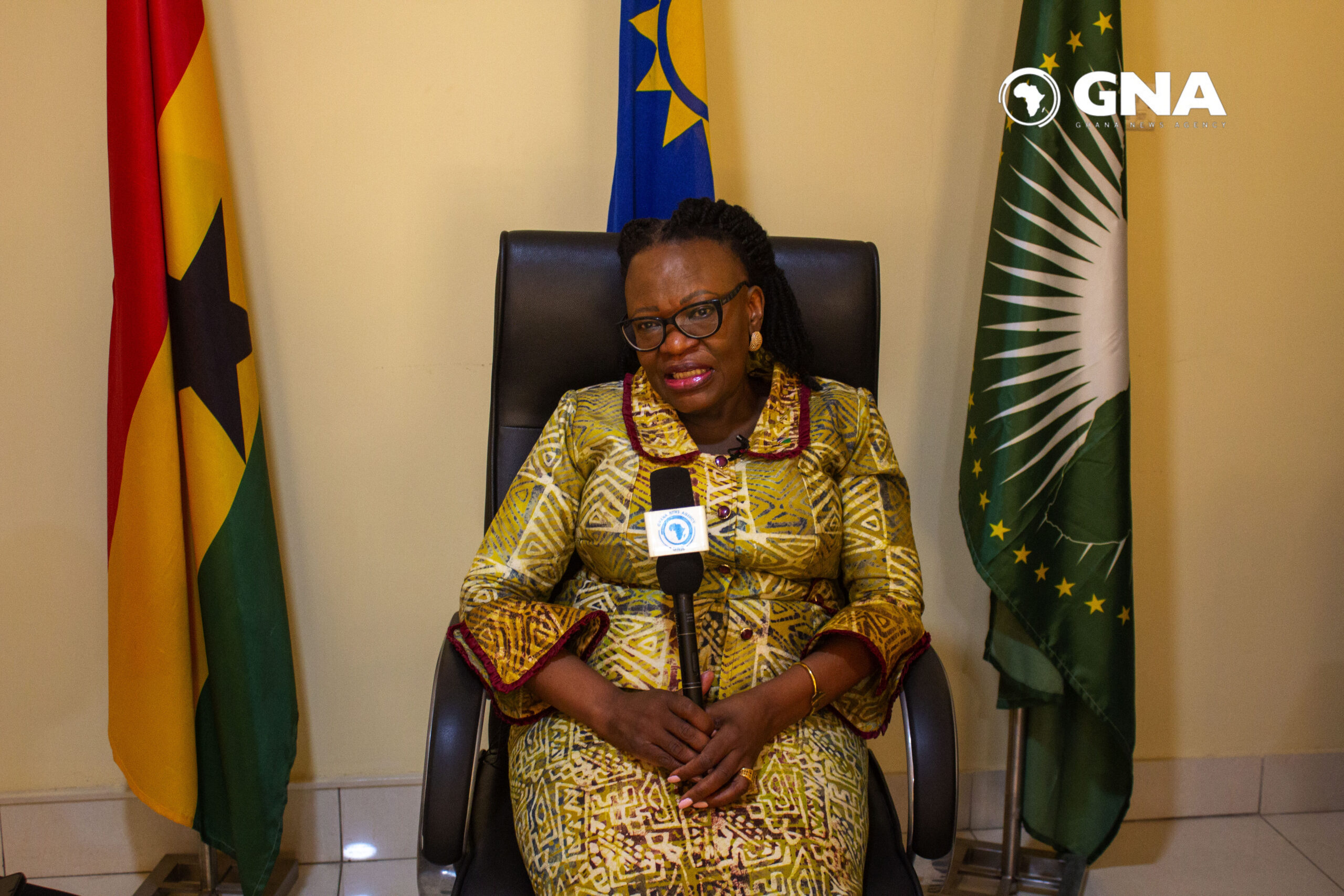
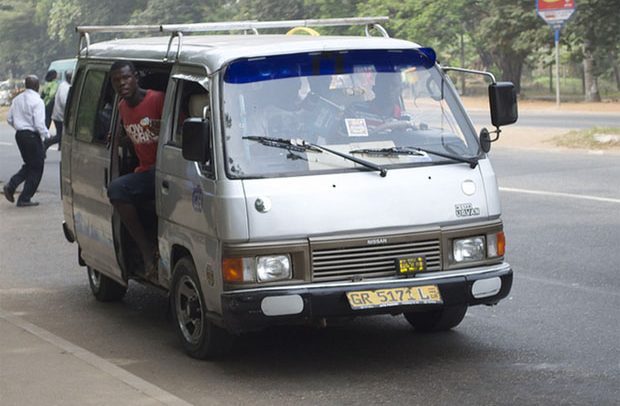
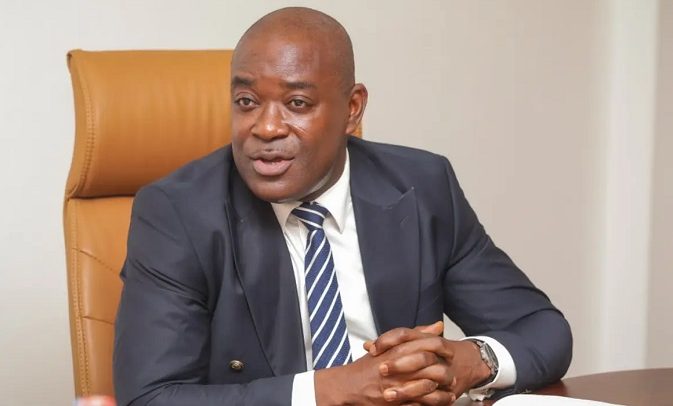
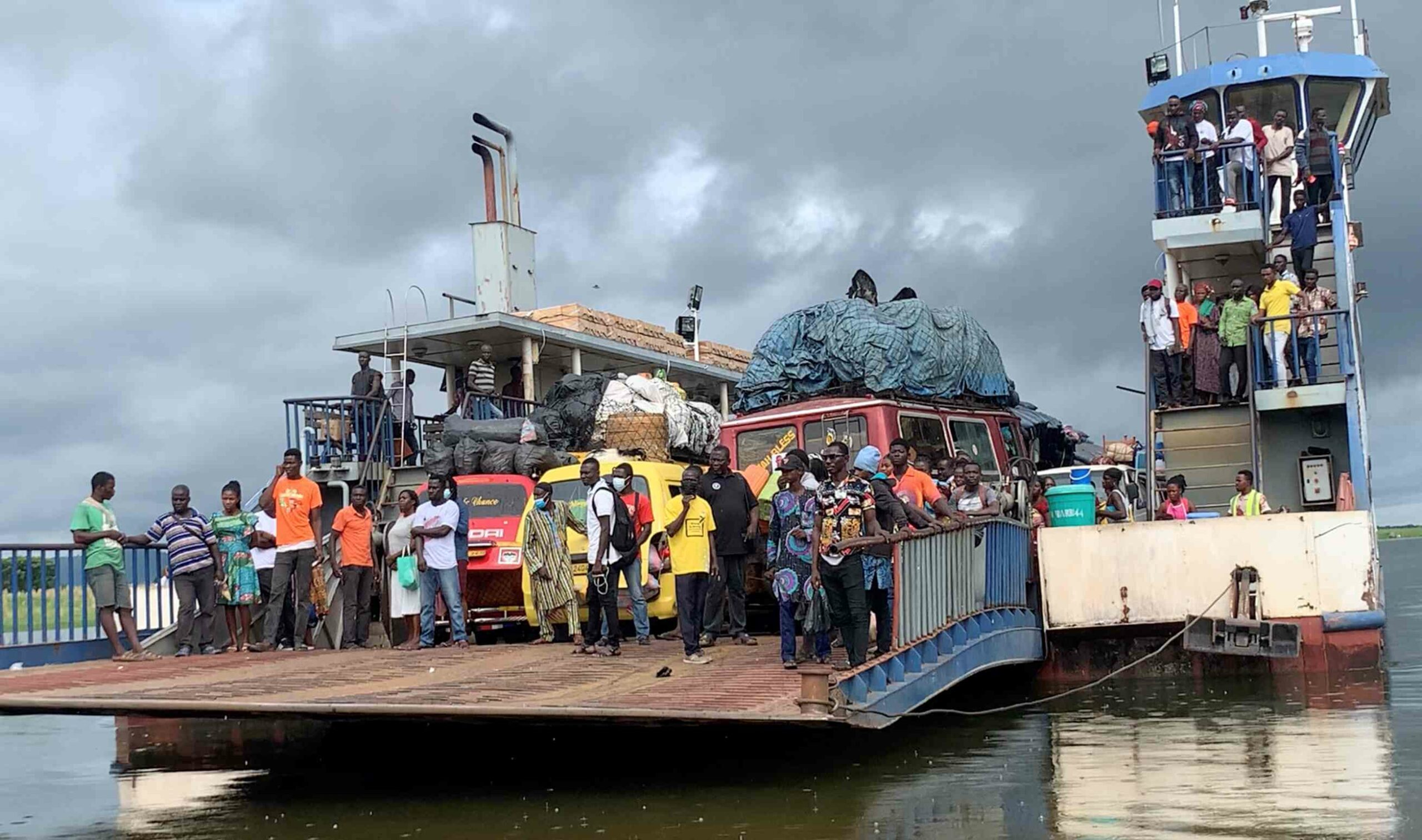
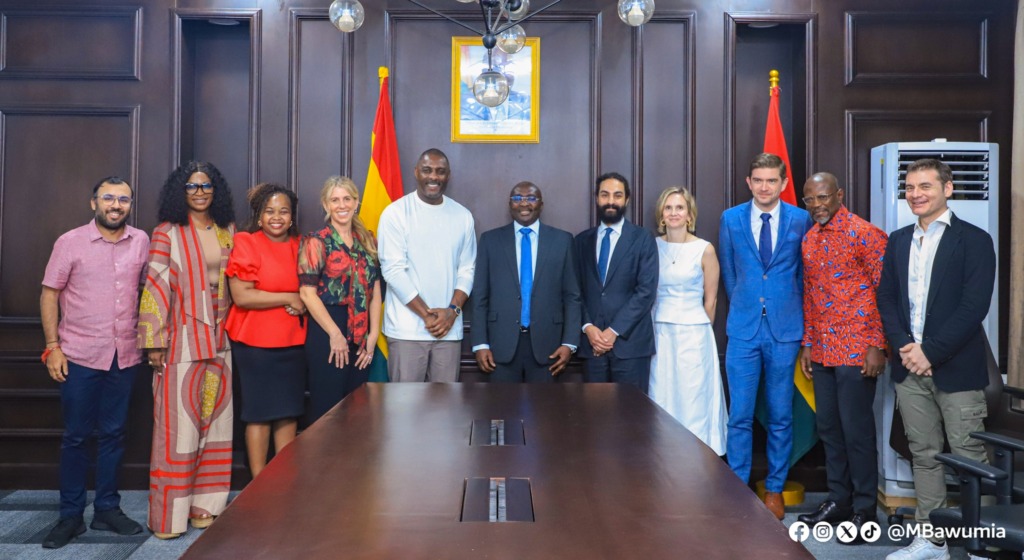










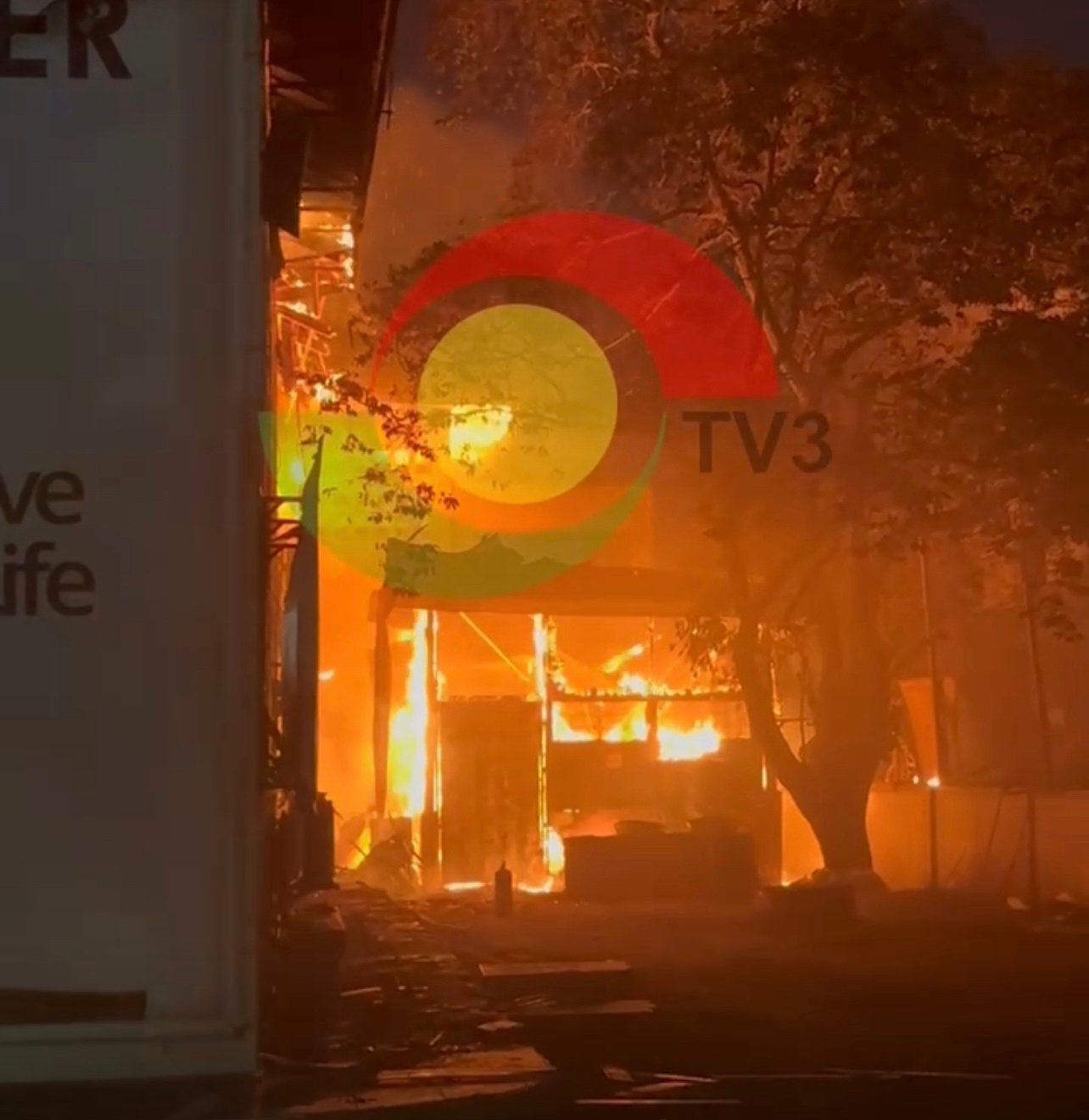
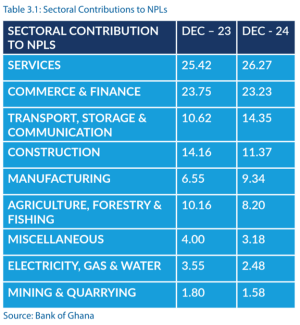
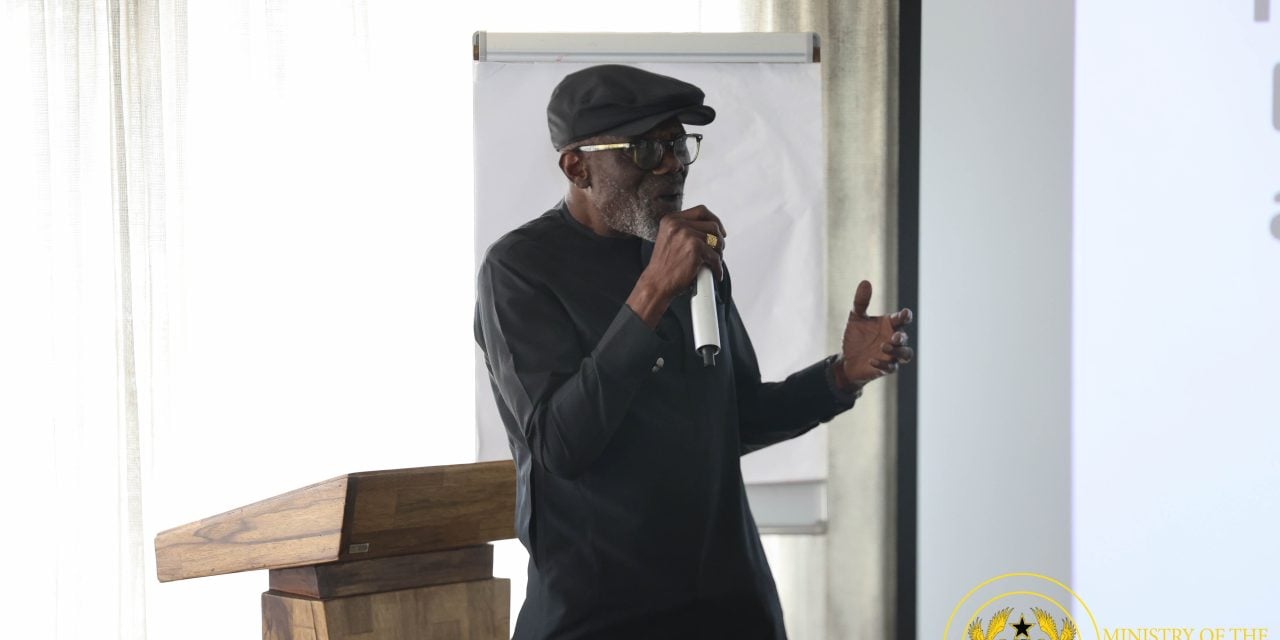
Facebook
Twitter
Pinterest
Instagram
Google+
YouTube
LinkedIn
RSS